Choosing the right glass for your bifold doors
So, you’ve decided to go for it! You want to install the hottest home improvement on the market: bifolding doors. Naturally, you’ll need some expert advice first.
Changing your property is always a challenge, and switching a wall for a large expanse of glass can throw up a lot of questions. You’ll need to ask about heat loss, heat gain and noise. The glass in your windows is also vital to providing the right level of security, safety and comfort in your property.
That’s why it’s important to research and choose the right type of glass for your bifolding doors.
Thermal Efficiency
By installing a large expanse of glass, heat loss becomes more of a concern in the home. To maintain energy efficiency, it’s important to choose the best performing glass you can afford.
The better the glass, the less heat will be lost and therefore the lower your heating bills will be.
It’s also worth knowing whether the aluminium panels and the frames of your bifolding doors have a thermal barrier between the inner and outer components. This thermal barrier will help reduce conduction and condensation and overall improve the efficiency of the door.
External Noise
A bigger door does not always mean increased noise pollution, but when the door is mainly made up of glass, this can be a real concern. Most double glazed glass panels used in a bifolding door configuration are extremely effective at reducing outside noise pollution, yet generally they are most efficient if they have an effective panel sealing.
Remember to ask what sealing is used in your choice of glass and configuration to make sure it performs in the best possible way.
Glass Types
Different manufacturers offer different types of glass for bifolds. These are some of the most common:
- Double-glazed glass: A multi-layeredinsulating glass that consists of two or more panes enclosing a sealed air space. The sealed air space reduces heat transfer across the threshold, so this type of glass is fantastic at reducing thermal losses. This, in turn, ofers many advantages, including lower energy consumption, reducing energy bills and condensation.
- Tempered glass: This glassundergoes thermal or chemical processing to make it much stronger than ordinary glass – essential in a bifold door. It is also more resistant to thermal stress as well as being impact resistant. Tempered glass is ideal for bifolds.
- Low-E coated glass: This glass minimises the amount of ultraviolet and infrared light without making the room darker. Thisclever glass therefore means that your room is more comfortable in hot weather and does not develop the stuffy atmosphere of some conservatories. This coated glass also excels at reflecting internal heat energy back into the house, lowering heating costs in winter.
- Laminated glass: Laminated glass is a type of safety glass that is shatter-proof, reducing the likelikood of serious injury if it breaks. It has an inner plastic layer that makes it stronger, stops sound penetrating and filters UV rays. Laminated glass is a really secure option, since it’s very difficult to break.
Ordering Bi-folding Doors
Speak to Your Price Bifolds about the glass in your new bifolds. We’ll look at your home, your lifestyle and your priorities to suggest a type of glass that’s perfect for your bifolds.


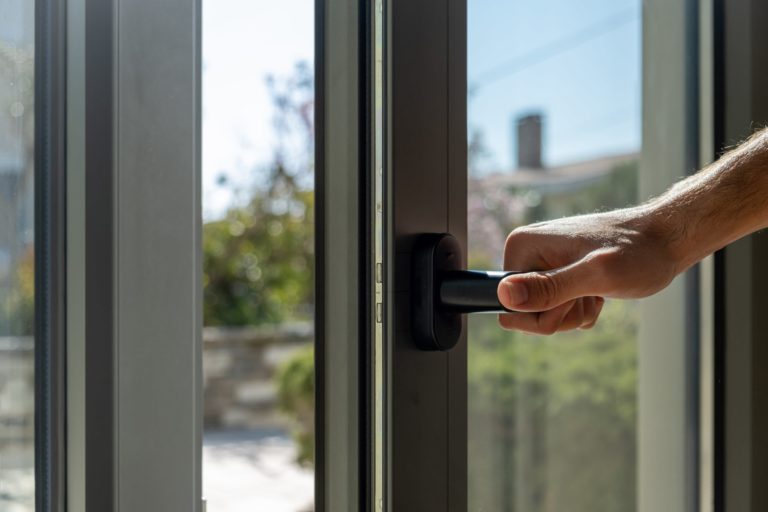

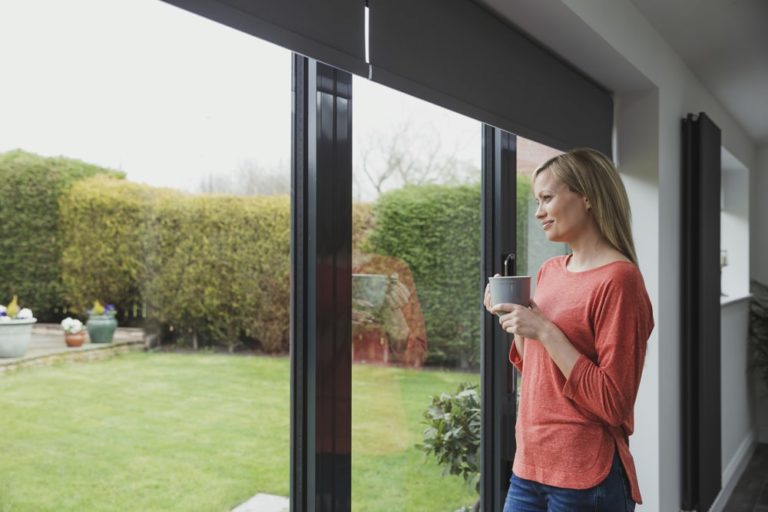
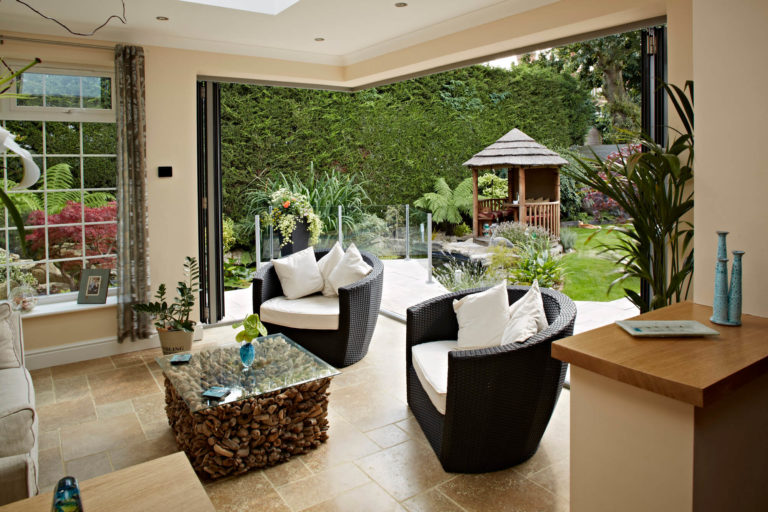
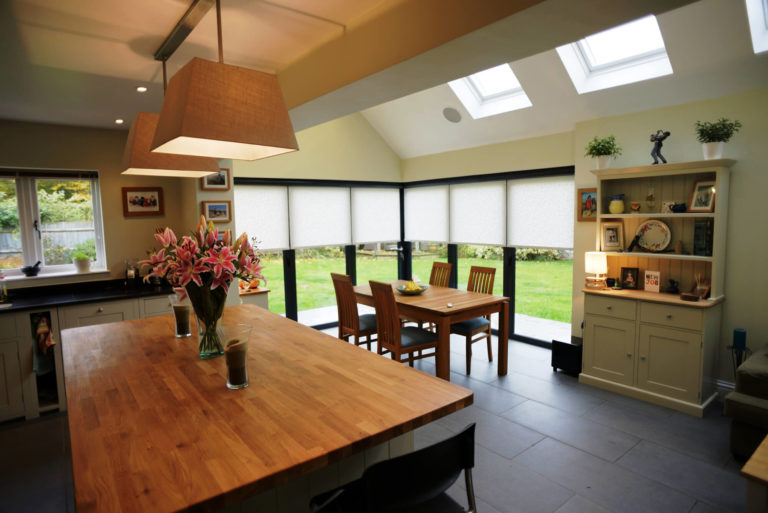
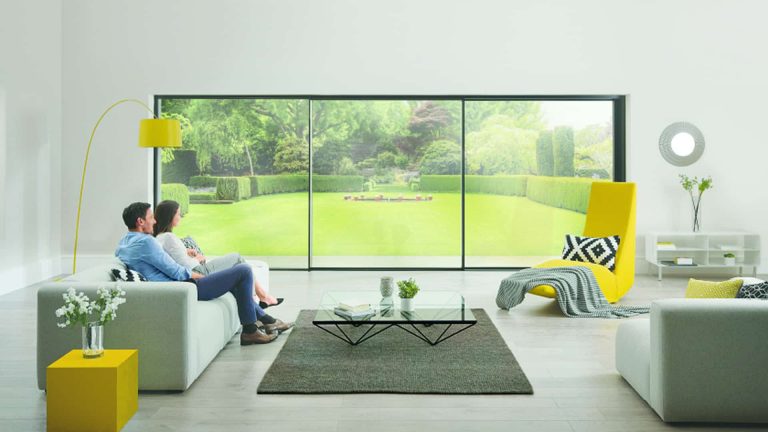
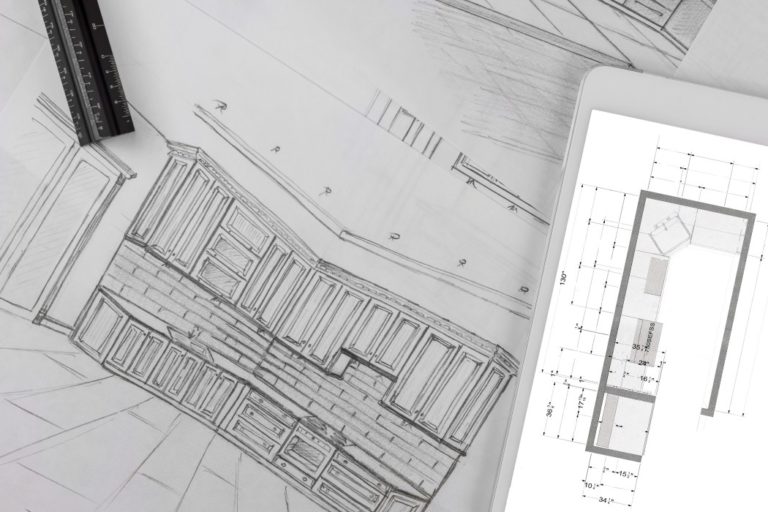
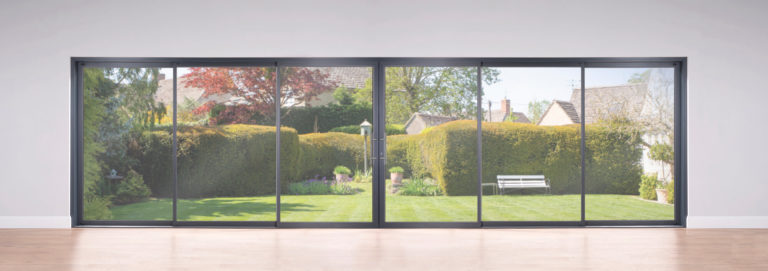
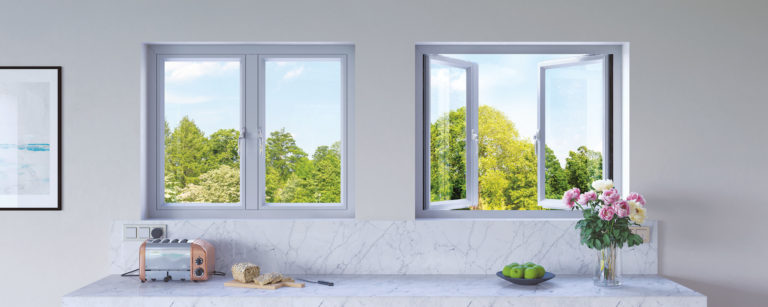

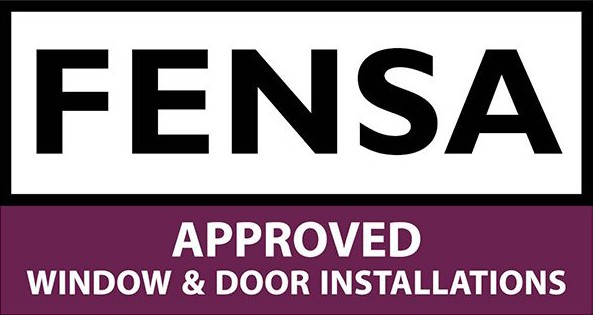





![🌟 Step Through the Door to Style! 🌟
This isn’t just any door—it’s your gateway to YPE WIndows🚪✨ Come explore our exclusive designs and discover something truly unique.
📍 Where? Visit our showroom at [sutton Surrey].
🕒 When? [appointment only from Monday - Saturday
Don’t miss the chance to see our stunning collection in person. Take the first step—through this door!
#YPECollection #ExclusiveDesigns #ShowroomVibes #StepInStyle](https://yourpricebifolds.co.uk/wp-content/plugins/instagram-feed-pro/img/placeholder.png)